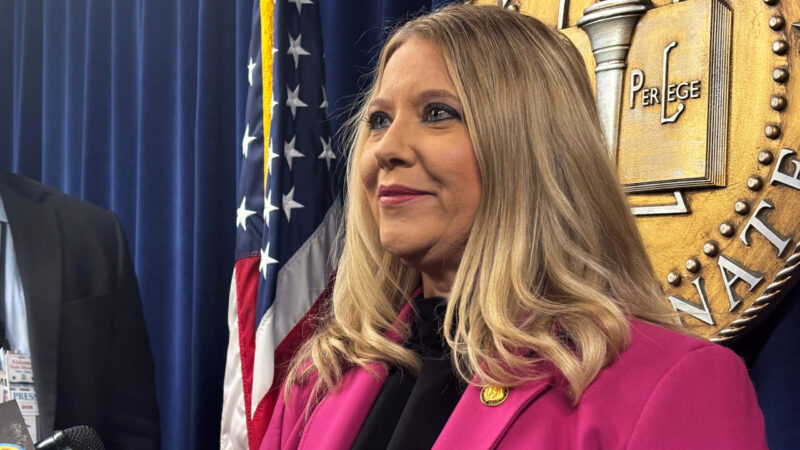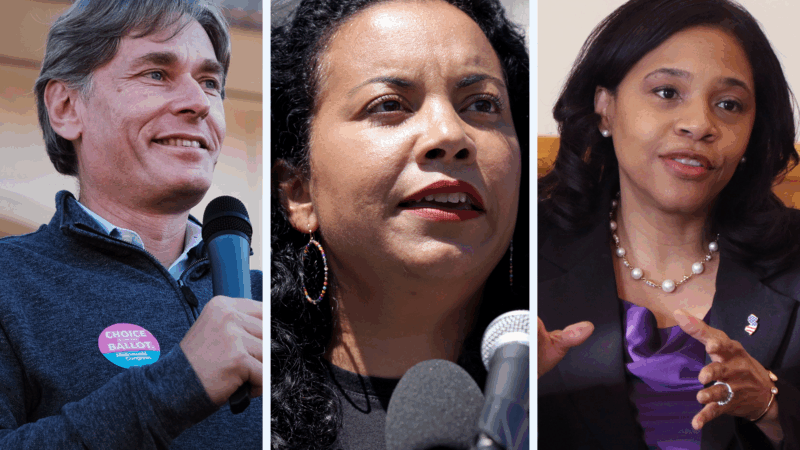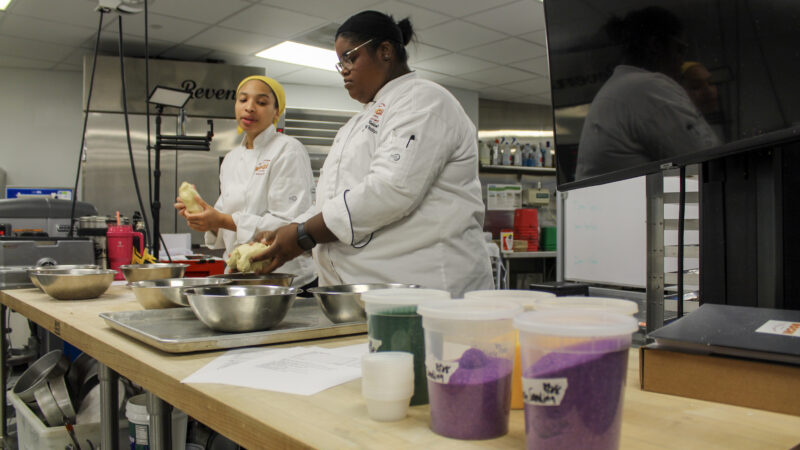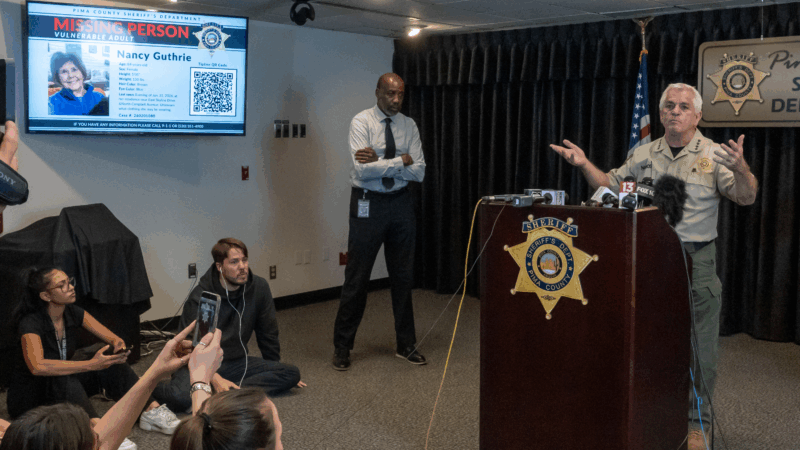Gulf States will get $100M to expand internet access. Here’s what they’re prioritizing
As Alabama, Louisiana and Mississippi are gearing up to receive at least $100 million each to expand high speed internet access as part of the Infrastructure Investment and Jobs Act, a new report from Pew Trust examined how individual states fund their broadband projects.
The study found that while most states prioritize reaching unserved communities — areas where internet speeds are lower than the Federal Communications Commission’s threshold for broadband — what areas are eligible and even standards for broadband speeds differ from state to state.
The FCC defines broadband as 25 megabits per second or higher for downloads and 3 Mbps or higher for uploads — commonly referred to as 25/3 Mbps. This threshold, however, can be too slow for many users as more of our daily functions happen online, tech experts say. In March, a group of U.S. Senators pushed for the FCC to update its definition to 100/100 Mbps.
How well a 25/3 Mbps connection works can be impacted by different factors, including how many users are in a household and how they are using the connection. Applications like Zoom, which have become necessary for the millions of people taking classes online or working remotely during the pandemic, also require faster upload speeds.
In some rural counties of Alabama, Mississippi and Louisiana, less than three percent of households have internet speeds of 25/3 Mbps, according to data analysis from Vox’s tech site the Verge. A different study from the Joint Center for Political and Economic Studies found that broadband is out of reach for nearly one in four Black residents in the rural South.
As states begin funding their broadband projects choosing which internet speeds to reach for is important so a new digital gap is not created. Anna Read, Senior Officer of Pew’s Broadband Access Initiative, said this digital divide is called the donut hole effect.
“When you’re looking at only finding areas lacking services at [low speeds] and then incentivizing speeds of 100 Mbps, and you’re creating a fairly large gap between areas that kind of fell in the middle of not being unserved, but not having the speed that you’re incentivizing providers to build to with those funded projects,” Read said.
Some states, like Florida, set their broadband threshold at 10 Mbps for downloads. Alabama, Mississippi and Louisiana set theirs at the FCC’s recommended 25/3, and Mississippi is requiring new projects to meet the higher 100/100 Mbps threshold. Alabama and Louisiana both have plans to scale their networks up to eventually reach the 100/100 Mbps recommendation — Louisiana hopes to accomplish this by 2029.
Pew’s report recommends that states consider how to improve broadband access in conjunction with how to keep internet plans affordable for unserved and underserved communities.
Read says lawmakers should not go too fast in trying to speed things up. Slowing down the decision-making process could deliver faster speeds more equitably.
“States have the opportunity to take time to plan, to ensure that that funding is meeting the needs of their unserved areas and their underserved areas,” she said.
This story was produced by the Gulf States Newsroom, a collaboration between Mississippi Public Broadcasting, WBHM in Birmingham, Alabama, WWNO in New Orleans and NPR.
Alabama seek to bring back death penalty for child rape convictions
Alabama approved legislation Thursday to add rape and sexual torture of a child under 12 to the narrow list of crimes that could draw a death sentence.
What a crowded congressional primary in N.J. says about the state of Democrats
The contest is one of the first congressional primaries of the year where we will find out what issues are currently resonating with some Democratic voters. Here are some key things to know.
At NOCHI, students learn the art of making a Mardi Gras-worthy king cake
With Carnival in full swing, the New Orleans culinary school gave its students a crash course — and a rite of passage — in baking their first king cake.
The Winter Olympics in Italy were meant to be sustainable. Are they?
Italy's Winter Olympics promised sustainability. But in Cortina, environmentalists warn the Games could scar these mountains for decades.
Their film was shot in secret and smuggled out of Iran. It won an award at Sundance
Between war, protests and government crackdowns, the filmmakers raced to finish and smuggle their portrait of Tehran's underground arts scene to the prestigious film festival.
Day 5 of search for Nancy Guthrie: ‘We still believe Nancy is still out there’
The FBI is offering a reward of up to $50,000 for information leading to the recovery of Guthrie and/or the arrest and conviction of anyone involved in her disappearance.






